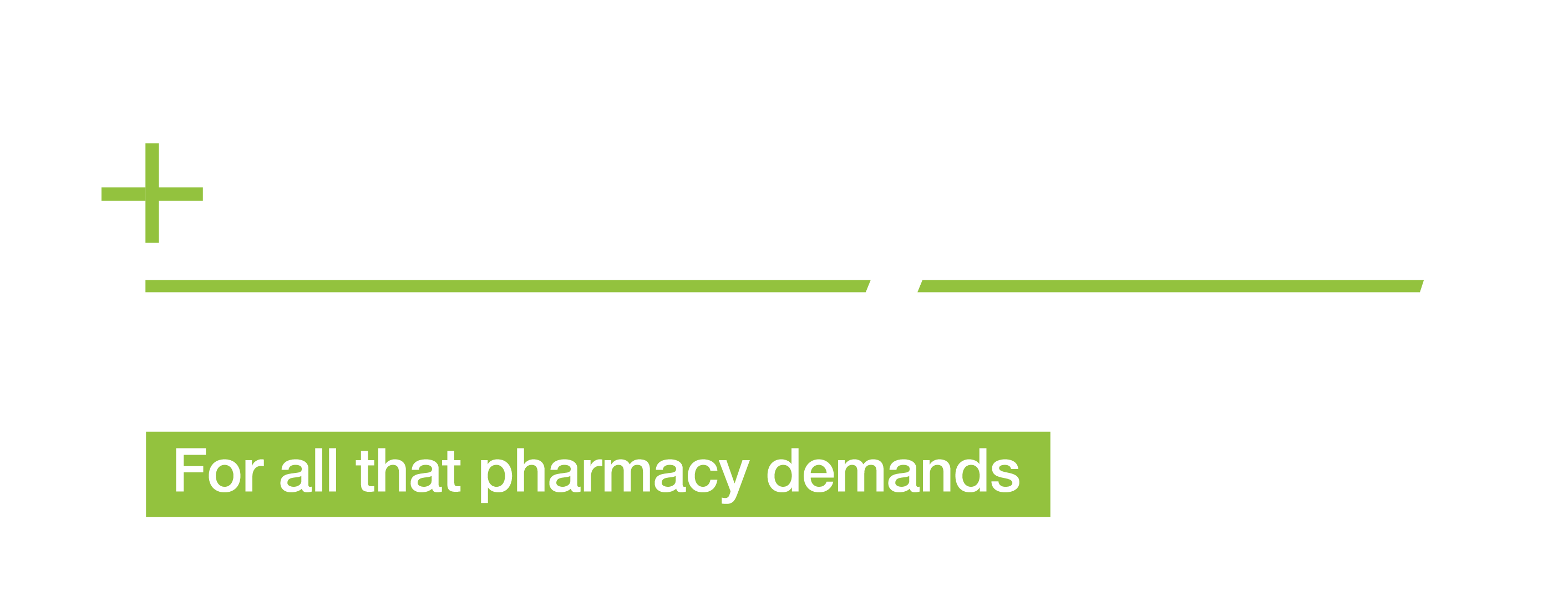Interview: Gill Shelton - Principal Pharmacist at Cambridge University Hospitals NHS Foundation
)
Tell us about your background?
I have worked at CUH since 2001 undertaking a number of different roles within the Pharmacy Department. These have included working as a surgical pharmacist, a teacher practitioner role for a non-medical prescribing course, Pharmacy education lead and currently as Associate Chief Pharmacist for Workforce. My current post is a natural alignment between my twin passions for education and workforce support. I have been in this post for a year and absolutely love my job! The opportunity to lead innovative projects to support our whole pharmacy workforce is fantastic.
How did Cambridge plan for COVID?
CUH responded rapidly to the emerging pandemic and this response was mirrored within Pharmacy. Over this time, the Trust has reconfigured a number of services to safeguard our patients and staff. Examples include implementing virtual outpatient clinics and the use of independent sector providers to deliver some aspects of patient care. As a department, we have worked together at pace to support and enable new service provision models in conjunction with colleagues across the multi-disciplinary team.
What are the key lessons you learned?
I have learnt the importance of role modelling self-care and expressing personal vulnerability in order to start open conversations about wellbeing and to empower colleagues to express their worries.
What has been your favourite success from your team?
I have two! Firstly, I would highlight our management of the medication supply chain to ensure that adequate supplies of essential medications have been maintained. Our procurement, distribution and clinical teams worked exceptionally hard to support and maintain the supply chain. This was greatly helped by our ability to access real time patient level usage data of key critical care drugs.
Secondly, we have implemented preparation for registration rotations for our pre-registration trainee pharmacists. These were introduced following the cancellation of all off-site placements and have enabled trainees to work in a single clinical area for 10 weeks prior to registration. Early feedback from both trainees and their supervisors is that these rotations are highly successful in terms of trainee development, service provision and smooth transition to registration.
Have you experienced a change in attitudes towards innovation and collaboration?
The attitude to change throughout the pandemic has been consistently positive and innovative.This didn’t surprise me as the pre-existing approach within the organisation has always been very positive towards implementing innovations.It has been impressive to observe and to be part of wide scale changes to service provision that have happened at pace.The attitude throughout has been one of joint working, creative thinking and patient focus.
Have staff had to retrain to deliver the required service – what have been the main hurdles in doing this?
We recognised very early on the potential need for a significantly increased number of pharmacists able to cover critical care units. We therefore implemented a bespoke training model, led by our existing critical care pharmacists, to support critical care skills development for pharmacist colleagues. We now have 50 pharmacists trained to cover critical care.
What actions are you taking to support your teams mental health ?
We have introduced a Wellbeing Wednesday bulletin within Pharmacy and each week different resources relating to a wide range of wellbeing support are showcased.We have also recently created a Pharmacy wellbeing forum which will provide a positive voice for Pharmacy staff to raise concerns and to make suggestions to improve our collective wellbeing.
Are there any acts of kindness that stand out you would like to give any special mention to?
Donations by individuals, local and national companies to the hospital have been a beacon of positivity within this challenging period. Also, observing the kindness shown by colleagues to patients and to each other has been heartwarming. This has been very moving at times and has made me really proud to work for CUH.
Tell us what your average day looks like at the hospital now and what your priorities are?
An average day for me at the moment includes a mixture of both Covid and non-Covid related activities.In terms of Covid, one example is that we are currently adapting our training programmes in order to deliver high quality training in a Covid secure, socially distanced environment.This has led to the adoption of some great innovations that will enhance the training that we deliver.My other priorities at the moment relate to taking forward our departmental workforce strategy, which includes progressing our work around equality, diversity and inclusion.We will shortly be holding a virtual listening event exploring the experiences and thoughts of Pharmacy staff in relation to equality and diversity.


)
)
)
)
)
)
)
)
)
)
)
)
)
)
)
)
)
)
)
)
)
)
)
)
)
)
)
)
)
)
)
.png/fit-in/1280x9999/filters:no_upscale())
)
)
)
)
)
)
)
)
)
)